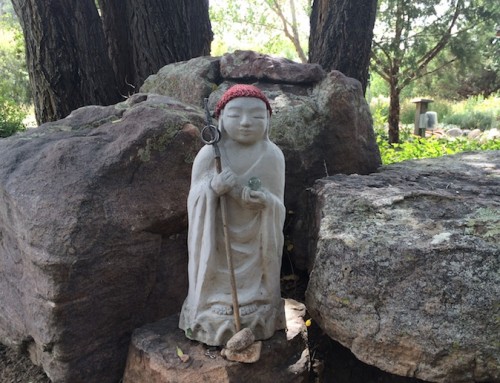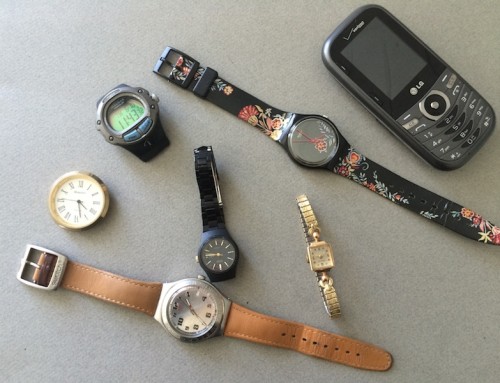How many of us know how to really listen? Do we know how to listen to our own mind as it careens out of control and races off on some tangent or other, into the past or the future? Or to others—our coworkers, loved ones, or strangers—as they attempt to communicate something to us? To the everyday sights, sounds, and sensations that surround us? Even if we think of ourselves as good listeners, and are seen that way by others, it is wise to be open to the idea that there is always more to learn, that there are deeper levels of hearing we can access.

The practice of listening can be done anywhere at any time. Opportunities to hone your listening skills are presented to you throughout each day. All that is required is to still yourself and pay attention. Once you decide to really listen, bring your whole body into the activity, not just your ears and your brain. You do this naturally anyway, but I invite you to witness yourself doing it and then expand upon this power.
The very next time you hear a pleasant sound—a child’s laughter or a church bell—stop and pay attention; breathe it into you. Listen to it with your gut, your belly, even your toes. Do it right now as you read this. Listen to the room sounds in this way. Do the same thing with an unpleasant sound—police sirens or traffic noise. First, notice your reaction and resistance to it, your impulse to will it away, and how that affects your body. Then invite the sound in (what other choice do you have?) and notice the difference. Rather than let any sound, pleasant or unpleasant, become a distraction, allow it to be part of your environment, part of your personal space. Be with the sounds, move with them, and give up the battle to control them.
Here’s an exercise that can be practiced every time you exchange words with someone else.
First, as they speak to you, notice your reaction to their words. Are you thinking about how their message affects you, how to respond to them, or what they need from you? Do you find yourself interjecting comments or gestures to signal to them that you’re listening? How much of your listening is about you rather than about them?
Second, experiment with the notion that it’s okay for you to say nothing. Then just listen and curb your desire to jump in, to assert yourself. Wait until they’ve said all they want to say before you speak. If there’s silence, as they struggle to formulate an idea or reach for some word, let the silence be okay. Don’t rush to fill it. Practice being silent and just listening.
Engage a friend in this listening exercise: Take turns speaking and listening. Choose a topic to talk about—your boss, your partner, a recent experience, or a career ambition—and then spend five minutes listening, as your friend speaks, and five minutes speaking, as your friend listens. When you listen, just listen—in stillness and in silence. In no time, you will see that when you free yourself of the obligation to respond, not only do you become a better listener, but also your friend feels heard in a new and expansive way.
(from Serenity in Motion)






Listen up, YO! Great piece filled with simple ,easy to use suggestions. I hope everyone else is listening out there. 🙂